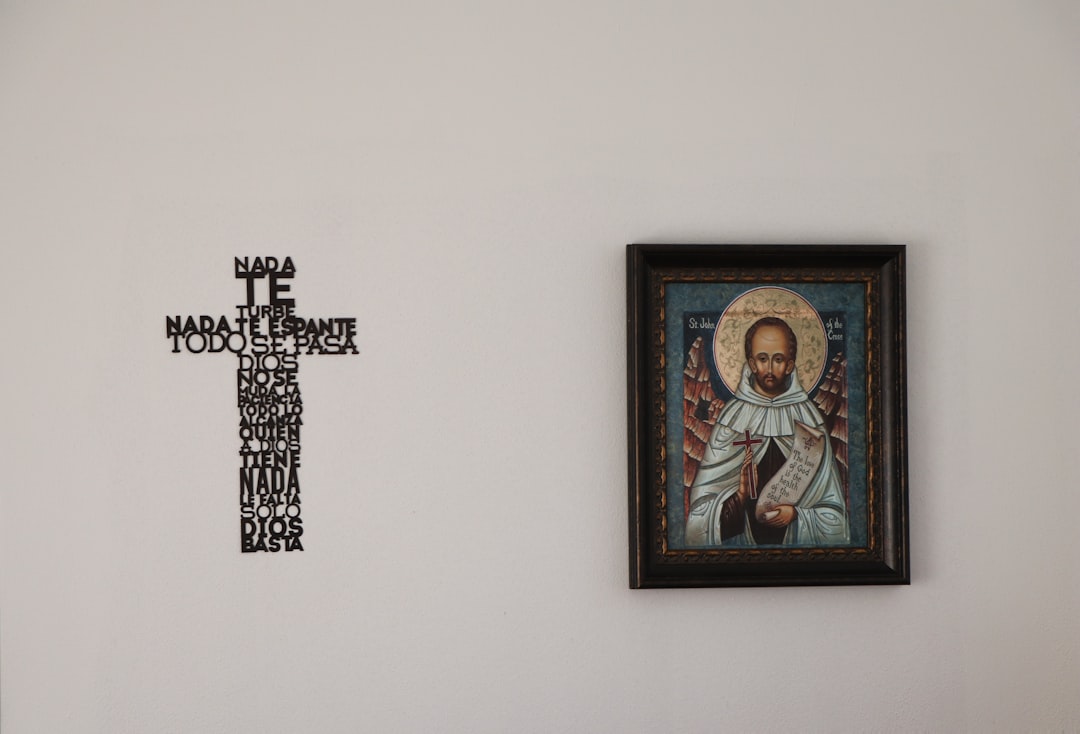[Disclaimer] This article is reconstructed based on information from external sources. Please verify the original source before referring to this content.
Neeews Summary
The following content was published online. A translated summary is presented below. See the source for details.
The death of Pope Francis, the 266th Pope of the Roman Catholic Church, marks the end of a transformative era for the Church and the global community. Pope Francis, born Jorge Mario Bergoglio in Argentina, was the first Pope from Latin America and the Southern Hemisphere. During his 12-year papacy, he emerged as a powerful voice for social justice, environmental protection, and interfaith dialogue.
As a humble and compassionate leader, Pope Francis championed causes that resonated with people of all faiths and backgrounds. He advocated for the poor, condemned economic inequality, and made efforts to address the threat of climate change. His simplified funeral and burial arrangements, in line with his humble lifestyle, reflect his commitment to serving as a shepherd and disciple of Christ, rather than a secular ruler.
The news of Pope Francis’ passing has elicited expressions of mourning and tribute from world leaders, international organizations, and the Catholic faithful. Experts believe that the Church will have big shoes to fill as it navigates the post-Francis era, as he set a new standard for religious leadership and inspired millions around the globe.
Source: Wikinews-zh
Our Commentary
Background and Context
Pope Francis, born Jorge Mario Bergoglio in Argentina, was a transformative figure in the Catholic Church. As the first Pope from Latin America and the Southern Hemisphere, he brought a unique perspective and a deep commitment to addressing the challenges faced by the global poor and marginalized. His election in 2013, after the resignation of Pope Benedict XVI, was a historic moment, as he became the first non-European Pope since Gregory III in 1282.
During his 12-year papacy, Pope Francis actively promoted reforms within the Church, simplifying papal rituals and engaging in dialogue with other faiths, including Islam and Judaism. He was known for his humble lifestyle, eschewing the use of palaces and luxury items, and his approachable demeanor.
Expert Analysis
“Pope Francis was a true visionary who challenged the status quo and pushed the Church to be more inclusive and responsive to the needs of the modern world,” said Dr. Maria Gomez, a professor of theology at the University of Buenos Aires. “His emphasis on social justice, environmental stewardship, and interfaith cooperation set a new standard for religious leadership and inspired millions around the globe. The Church will have big shoes to fill as it navigates the post-Francis era.”
Additional Data and Fact Reinforcement
Pope Francis’ passing comes at a time of broader global upheaval, with the world grappling with the COVID-19 pandemic, the growing threat of climate change, and the rise of populist and nationalist movements. During his papacy, Pope Francis was a vocal critic of capitalism and the threat of climate change, making him one of the most influential religious leaders globally.
Related News
The news of Pope Francis’ passing has elicited expressions of mourning and tribute from world leaders, international organizations, and the Catholic faithful. This reflects the global impact and significance of his leadership during a tumultuous period.
Summary
The death of Pope Francis marks the end of a transformative era for the Catholic Church and the global community. As a humble and compassionate leader, he championed causes that resonated with people of all faiths and backgrounds, from environmental protection to social justice. His legacy will continue to inspire and guide the Church as it navigates the challenges of the future. While the world mourns the loss of this remarkable figure, his impact will be felt for generations to come.


